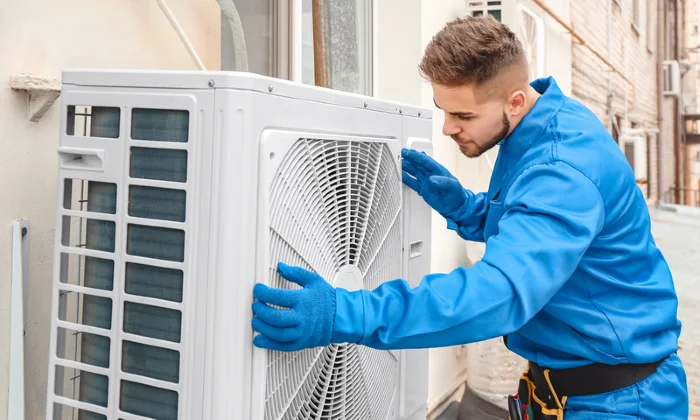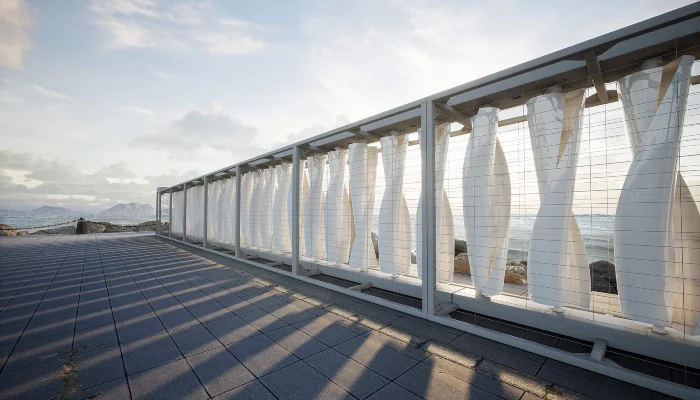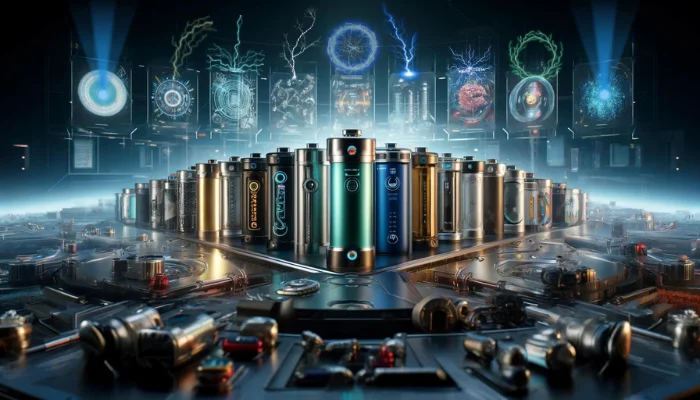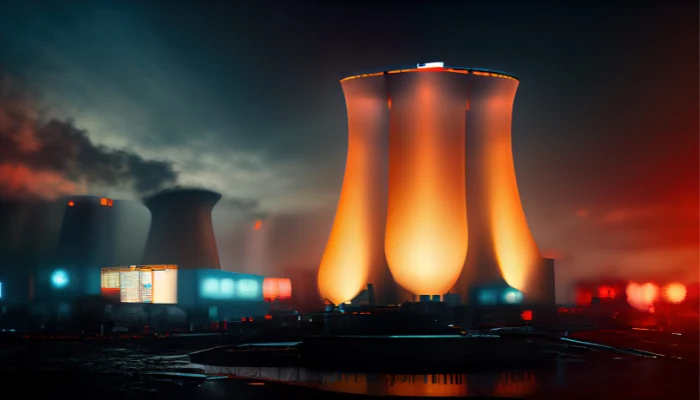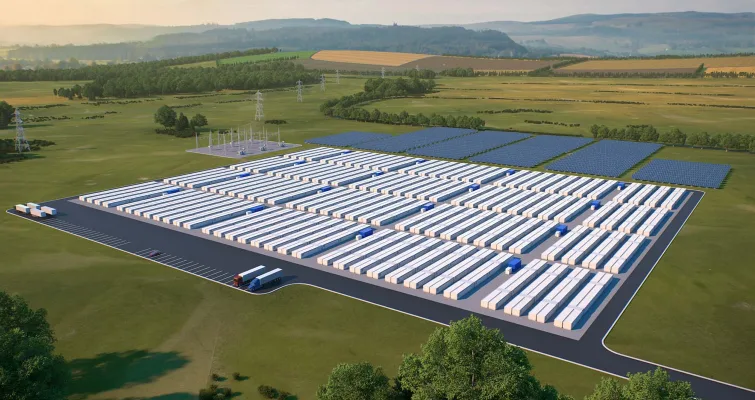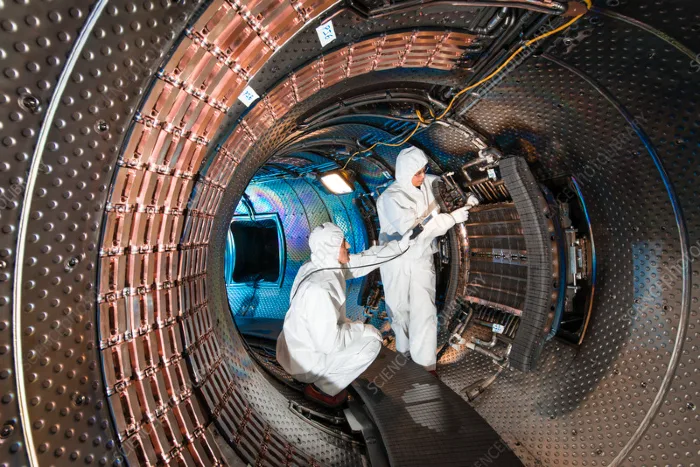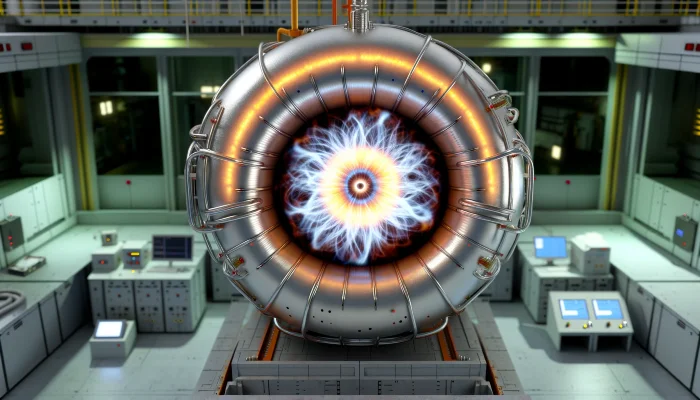Even as heat pumps emerge as a powerful tool against climate change, a significant roadblock looms: the scarcity of qualified technicians to install them. “No one talks about supply chain constraints anymore. What is now the bottleneck is actually the installer,” revealed Philipp Krinner, CEO and cofounder of Arch, highlighting the urgent need for skilled workers in the HVAC (heating, ventilation, and air-conditioning) sector.
Heat pumps, celebrated for their ability to extract warmth from freezing temperatures and double as air-conditioning units in summer, could reduce building sector emissions by up to 64% and national emissions by 9%, according to recent studies. These devices are crucial for leveraging a greener grid, increasingly powered by renewable energy.
Yet, despite their potential, the industry faces a crunch. “In the winter and in the summer—in the peak seasons—when most people actually want to install a system, it’s actually still a contractor-constrained market,” Krinner added, outlining the seasonal spikes in demand that exacerbate the shortage.
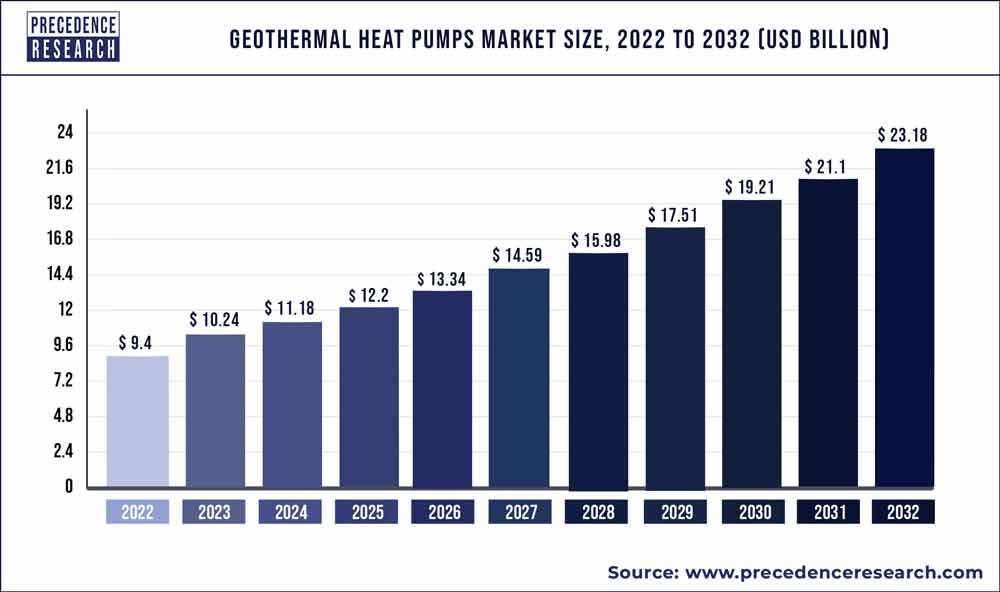
Climate economist Gernot Wagner from Columbia Business School describes this as “greenflation,” a surge in costs linked to transitioning to sustainable technologies due to current market limits.
“Yes, there is a shortage of qualified contractors,” Wagner confirmed, but he remains optimistic, “It’s a good problem to have,” he stated, emphasizing the long-term benefits of investing in training within the green economy.
The labor shortage isn’t just about electricians but spans across various construction trades. Alexandria Herr, a senior research associate at Rewiring America, points out, “It’s not just electricians—it’s actually a whole range of different jobs across the construction trades.” These roles include specialists who determine the appropriate heat pump model, those who install and service these systems, and experts in weatherization to enhance home energy efficiency.
Furthermore, as the grid shifts towards renewable energy, more specialists will be needed to manage the transition and ensure the infrastructure can support the variable nature of green power sources. The demand extends into manufacturing, where increased production of heat pumps is crucial.
Recent policy incentives like the Inflation Reduction Act of 2022, which offers substantial tax rebates and credits for adopting heat pumps and making necessary electrical upgrades, have made installing a heat pump affordable.
More To Discover
- Microplastics in the Clouds: New Study Reveals Potential Threat to Global Weather Patterns
- Solar Balconies: Should U.S. Renters Follow Europe’s Trending Green Tech?
- The Hidden Agricultural Heroes Powering Our Everyday Lives: Top 5 Genetically Modified Crops
- The Desert Oasis in Peru is Flourishing, And That’s A Big Problem
On top of that, a $169 million federal investment aims to boost domestic production of heat pumps, complemented by a collective agreement among nine states to hasten their adoption.
As heat pump sales begin to outstrip those of traditional gas furnaces, the call for a skilled workforce becomes even more critical. The sector is at a tipping point, and the path forward is clear: train more workers to unlock the full potential of this climate-friendly technology.
Of course, if you’re a DIYer and want to tackle the installation yourself, LG has a decent page dedicated to installing their most popular heat pump that would likely work for many others as well.







